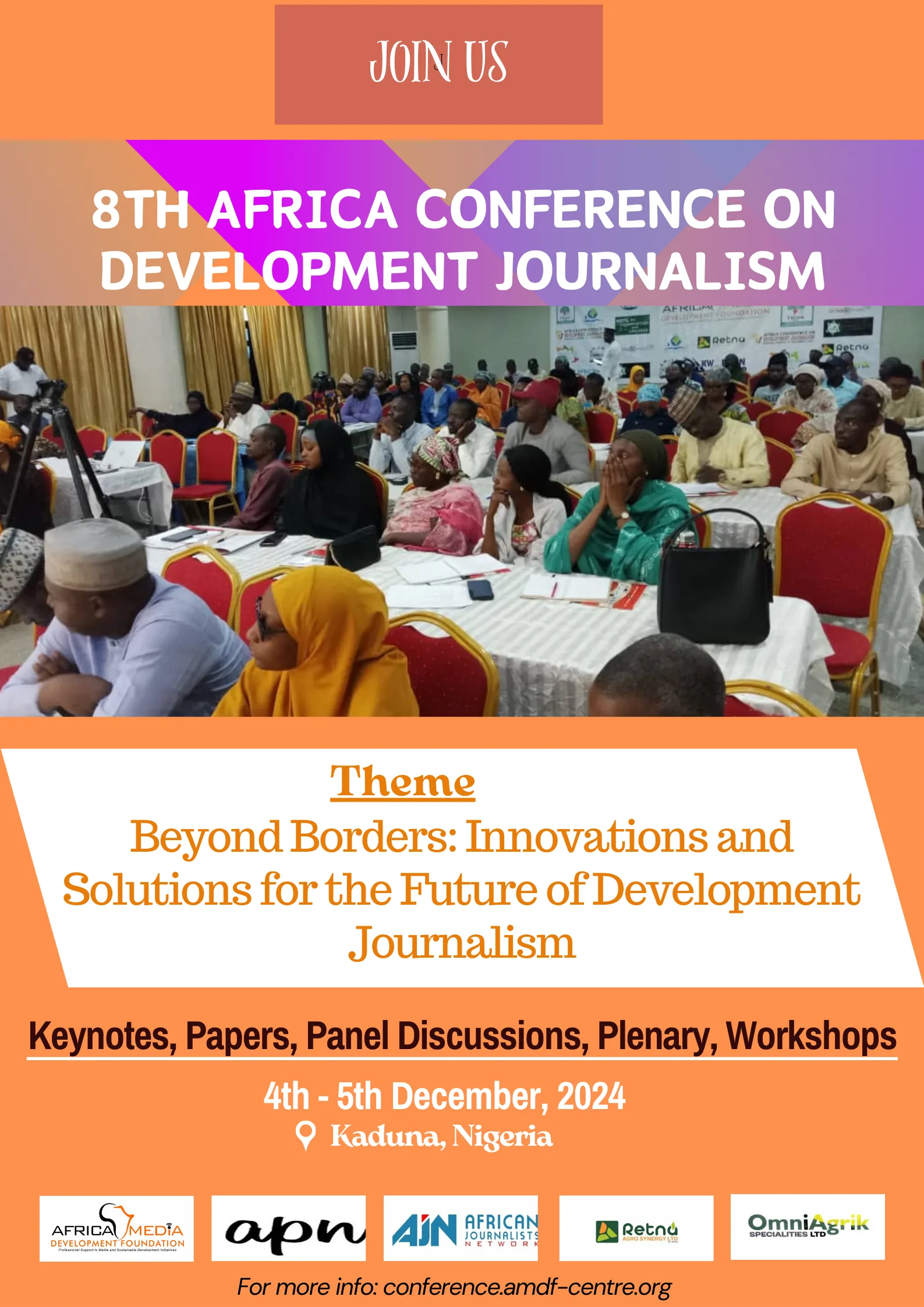By Martha Agas, NAN
Community Initiative for the Emancipation of Vulnerable Children and Women, has trained prospective Board members of the Plateau Gender and Equal Opportunity (GEO) Commission, on work ethics and responsibilities.
The training was organised in Jos on Thursday as part of efforts to successfully implement the GEO Law gazetted in 2018, following the state government’s approval to establish the commission in August 2021.
Speaking at the event, the Executive Director of the NGO, Mrs Sewuese Jam, said the objective of the training was to ensure that board members of the commission understood their responsibilities and make positive impact while discharging their duties.
“The training is to ensure the board drives the commission to be effective and achieve positive results.
“To understand unclear terms in the GEO Law and Violence Against Persons Prohibition (VAPP) Act and to develop a reporting template draft,” she said.
Speaking at the event, a Peace Consultant, Mr Chom Bogu, described the responsibilities of the board as critical in ensuring ethical and legal integrity of the commission.
He said the board should be formidable and had the capacity to network politically to garner support for the commission, saying the action would ensure they achieve their objectives.
In her presentation on the role of women on the board, a Gender Consultant, Mrs Angela Adeoye, said that the commission was responsible for monitoring issues concerning gender equality to ensure its compliance as provided in the constitution.
“The commission is to promote gender mainstreaming to achieve equality, investigate possible violation of rights relating to gender.
“Receive and consider complaints from the public and to take such action in regard to the complaints as it considers appropriate.
“Conduct research into issues relating to gender and social justice and recommend changes to laws and practices which lead to discrimination based on gender,” she said.
She further explained that members of the board were required to advise public and private institutions on appropriate steps to be adopted to ensure gender equality.
“They are required to recommend affirmative action programmes to achieve gender equality.
“Recommend prosecution for criminal violation of rights relating to gender and secure appropriate redress where rights relating to gender have been violated,” she said.
The News Agency of Nigeria (NAN) reports that 55 directors and executive directors of Government Ministries, Departments and Agencies and Civil Society Organisations participated in the training.
